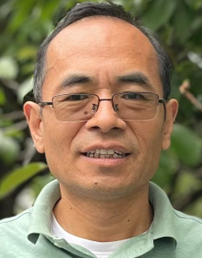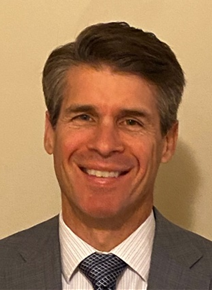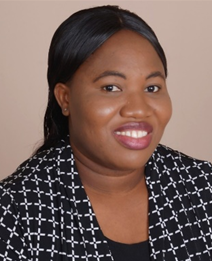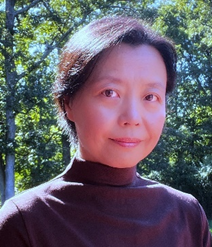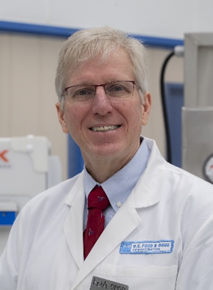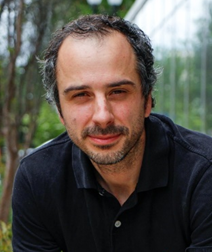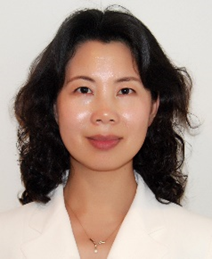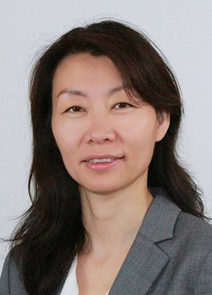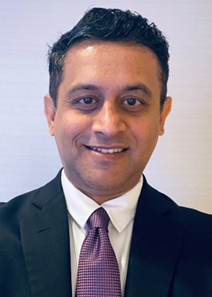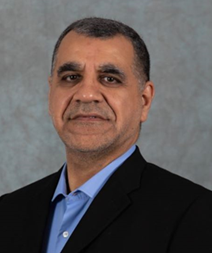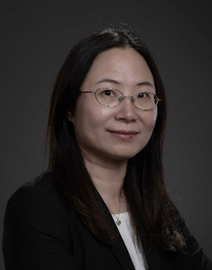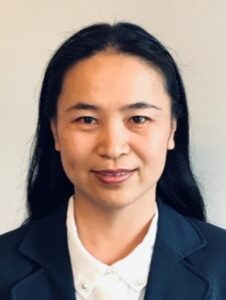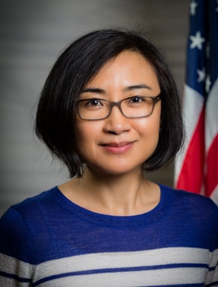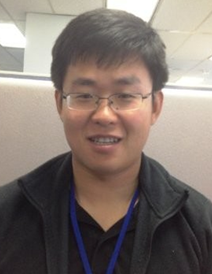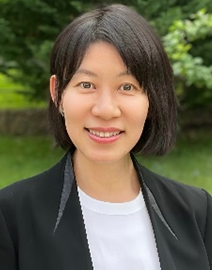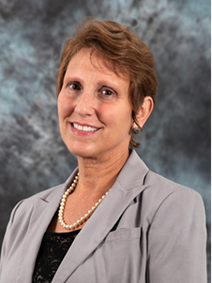This interactive two-day workshop will discuss the regulatory recommendations on confirmatory testing methods for the formation of Nitrosamine Drug Substance Related Impurities (NDSRIs), safety testing methods for NDSRIs, and recommended acceptable intake limits for NDSRIs.
The workshop will share the latest research and recommendations for detecting NDSRI formation as well as strategies to mitigate risks of their formation and ensure compliance with evolving regulatory requirements. Get up-to-date information on the latest guidance and recommendations on formulation stability and bioequivalence approaches, and hear firsthand from experts on regulatory approaches for pre- and post- approval changes in ANDA/NDA submissions and supplements.
This workshop is your opportunity to stay ahead of the curve, network with peers, and take away practical solutions to enhance your drug development and manufacturing processes.
Virtual Attendees will enjoy free access to all workshop presentations and panel discussions. Virtual attendees will be able to:
- Attend all presentations and panel discussions
- Participate in all Q&A panel discussions by submitting questions online in real time to the speakers and panelists
- Enjoy free access to workshop recordings of presentations and panel discussions
In-Person Attendees will enjoy all of the benefits of virtual attendees and will have networking opportunities with the speakers and panelists while engaging in active dialogue with the panelists. In-person attendees will be able to:
- Collaborate in person with FDA, industry, and academic experts throughout the workshop
- Enjoy priority over virtual attendees to ask questions to the panelist
- Engage in dialogue with attendees and faculty about the strategies to mitigate risks and ensure compliance with evolving regulatory requirements
- Converse with panelists during discussion panel Q&As
- Network with colleagues during breaks
Workshop Topics
- Confirmatory testing methods for the formation of Nitrosamine Drug Substance Related Impurities (NDSRIs)
- Safety testing methods for NDSRIs
- Strategies to mitigate risks of NDSRI formation and ensure compliance with evolving regulatory requirements
- Latest recommendations in assessing formulation stability and bioequivalence approaches for reformulated drug products
- Regulatory approaches for pre- and post-approval changes in ANDA/NDA submissions and supplements
- Regulatory expert insights and perspectives
Audience
This workshop is for professionals working in the new and generic drug industry, regulatory field, academia and research institutions, and others interested in testing of drugs for Nitrosamine Drug Substance Related Impurities (NDSRIs).
- Virtual Attendance is optimal for attendees interested in an overview of innovative methods for detecting and preventing NDSRI formation.
- In-Person Attendance is optimal for attendees invested in actively engaging with the FDA, industry colleagues, and other professionals involved in new and generic drug development to discuss and develop best practices to address the scientific and regulatory challenges associated with navigating changes in drugs to prevent nitrosamine formation.
Registration Fees:
- This workshop is FREE for virtual attendees.
- The cost for the two-day workshop in-person attendance and activities is:
- $500, in-person attendees – general
- $150, in-person attendees – government (must have an email ending in “.gov” in order to register at this rate)
- For faculty and students from the University of Maryland, Baltimore; The Universities at Shady Grove; and University of Michigan, the workshop is free for in-person attendance. Other students, please email us for a reduced rate. Please contact us at (info@complexgenerics.org) and indicate which workshop you are interested in.
-
Continuing education (CE) credits will not be provided for attending this workshop. A certificate of attendance will only be provided to individuals attending the workshop in-person.






